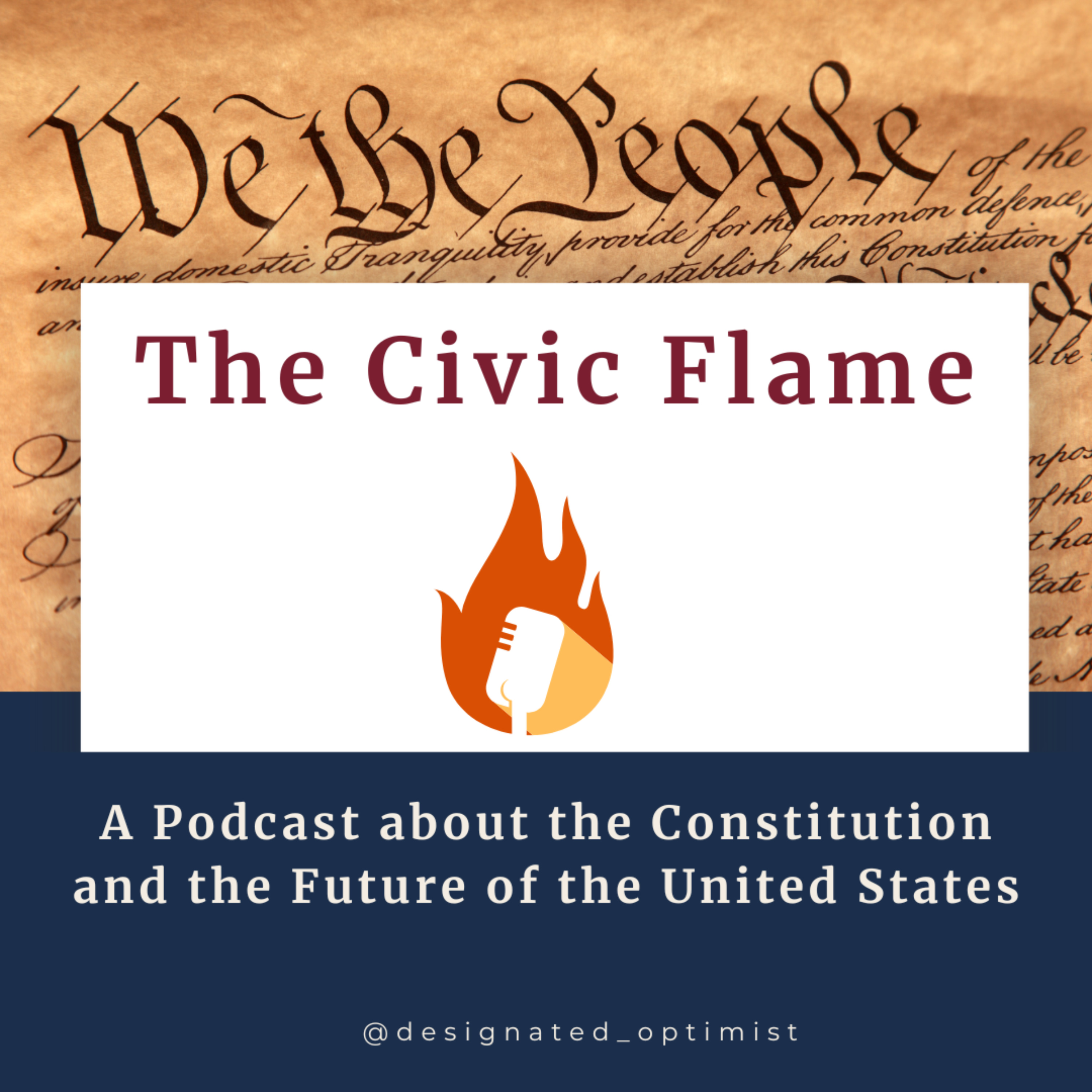
The Friday Brief with Phoenix Ricks
The Friday Brief is a calm news podcast by Girl Friday, a boutique global affairs firm in Washington, D.C. We believe awareness impels action for a world of good.
The Friday Brief with Phoenix Ricks
Who executed civilians in Mali?
Amnesty International is one of the human rights groups calling for an investigation into civilian executions this month in Mali. Who killed these people and why? Which armed groups are fighting in Mali and why? In today's episode, we're exploring the rise of violent Islamist groups and deadly counterterrorism measures in Mali and other parts of Africa.
Be sure to follow us on Instagram @thefridaybrief and sign up for The Friday Brief newsletter on thefridaybrief.com.
Welcome to The Friday Brief, a news podcast by Girl Friday. I’m Phoenix Ricks, the CEO of Girl Friday and your host. This is your brief for May 28, 2025.
Amnesty International is calling for an investigation into civilian executions in Mali, which is a large landlocked nation in West Africa. In a press release, Mali’s army said, “The allegations are being taken very seriously by the military command [. . .] preliminary information gathered from locals will inform the gendarmerie’s investigation, which will make it possible to confirm or disprove the allegations.” So, they are saying the military will investigate allegations against the military. Human rights groups are, of course, not satisfied with that plan of action, and they are demanding that Mali’s judiciary conduct an independent investigation because the allegations could constitute war crimes.
Here’s what witnesses reported happened on May 12 in a rural town’s market. They say roughly 10 soldiers were accompanied by militia fighters, and they arrested at least 30 civilian men. Though some were immediately let go, witnesses say “between 23 and 27 men were taken, bound, blindfolded and transported onto canoes on the south bank of the river, before their throats were slit and their bodies buried in mass graves.” One survivor told human rights groups, “I wasn’t tied up properly, so I lowered the blindfold covering my eyes and saw them slitting the throat of my older brother, who was the third victim. I fled as they slit the fourth person’s throat. They tried to shoot me twice, but I managed to reach the river and swim across.” He went on to clarify that militias participated in these planned killings.
The specific information human rights groups collected from witnesses and survivors is important because right now in Mali, there are a number of armed groups fighting. Human rights organizations - along with, of course, the government - have to clarify who did what, and when, and with whom.
Human Rights Watch published a 2024 guide on the deteriorating conditions in Mali, due in part to Islamist terrorist activities. At least two Islamist armed groups, including one linked to Al-Qaeda, are active in Mali. Between January 1st and October 31st of last year, those groups conducted 326 attacks against civilians, including murder and arson. Mali’s military is fighting those groups, but they have chosen some questionable foreign allies, including Russia’s Wagner Group. Human Rights Watch says, “they were implicated in unlawful killings of civilians during counterterrorism operations in central and northern Mali.”
But wait, there’s more. Because there’s ethnic and regional conflict within the broader fight against the Islamist groups. And, Mali’s army has been accused of, again, finding the worst possible allies.
So, to recap, there are Islamist armed extremists and an army with questionable foreign and domestic allies fighting those extremists. Regular civilians are caught in the middle, trying to protect themselves and their villages from harm. Human rights groups certainly have their work cut out for them in monitoring this situation and demanding accountability.
While the situation in Mali is complex and layered, all of us can actually help counter the spread of violent extremism. One step is simply raising awareness about what's happening and where it's happening. When we hear about violent extremism on the news in the U.S., it is usually because something happened in the U.S. or Europe. Meanwhile, African nations like Mali are trying to stop the spread of Islamist armed groups. Still, they receive very little news coverage here despite the fact that these attacks happen more frequently across Africa.
Mali isn’t the only African nation in this situation, and the spread of extremism isn’t even confined to one African region anymore. Look at Mozambique - all the way on the other side of the continent. Extremists and jihadists have been rampaging across Mozambique’s northern province of Cabo Delgado for several years. It was once called a paradise, but now, thanks to jihadist groups, Mozambique's northern region plunges in and out of unrest. Just like in Mali, crimes include murder, arson, and other grave human rights abuses. This all leads to mass displacement and an uncertain future for Mozambique's fishing and farming communities that otherwise have great potential to thrive.
Thank you for listening to The Friday Brief. Make sure you and your friends don’t miss an episode! Check out thefridaybrief.com, and follow The Friday Brief on Instagram and TikTok. Until next time, I’m Phoenix Ricks signing off from Washington, DC. Let’s work together for a world of good.
.png)


